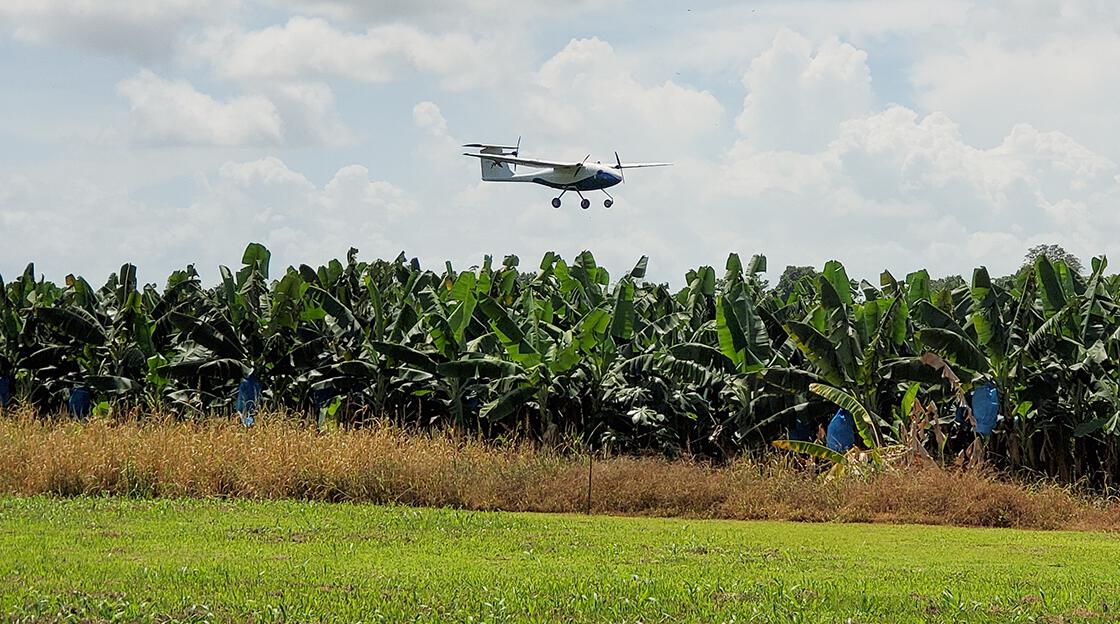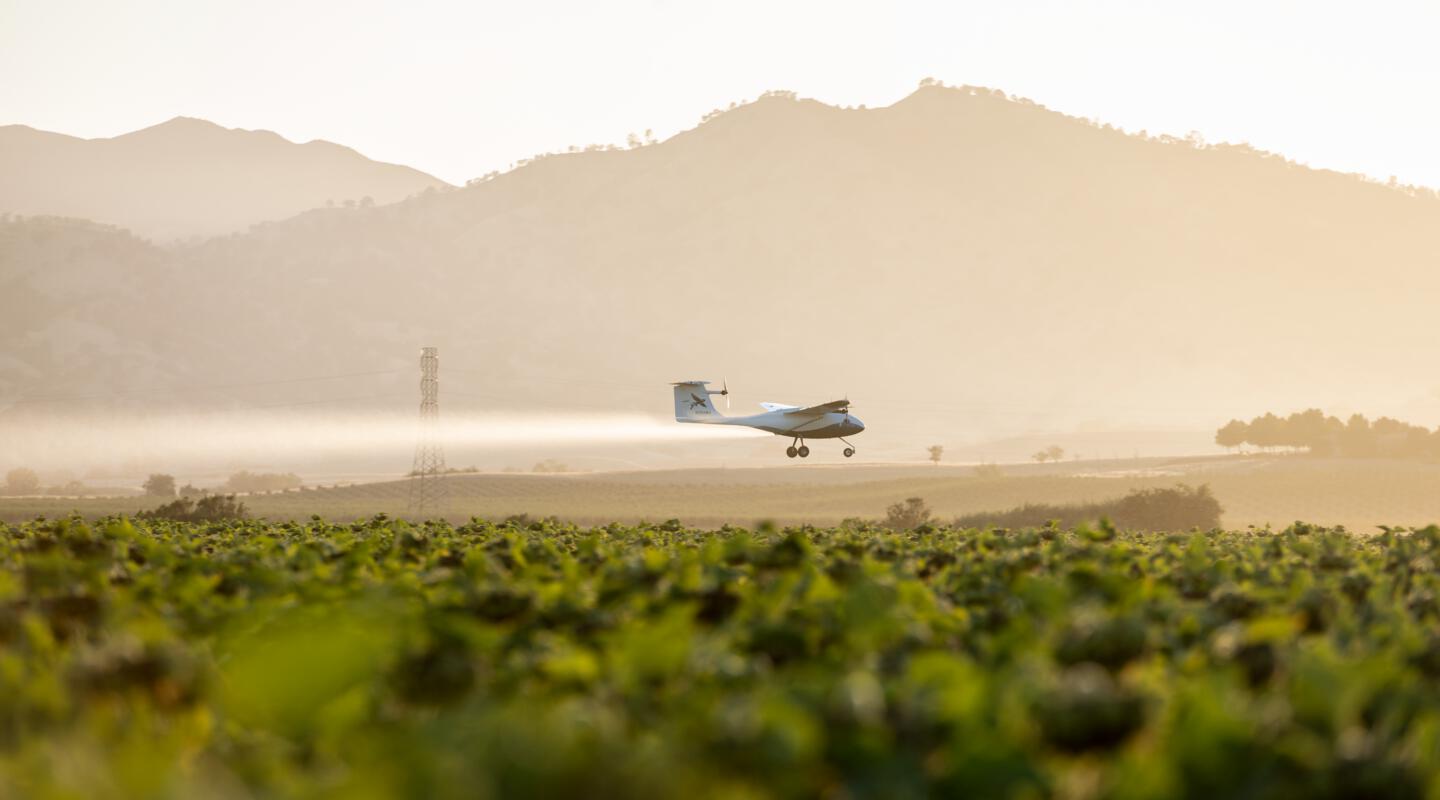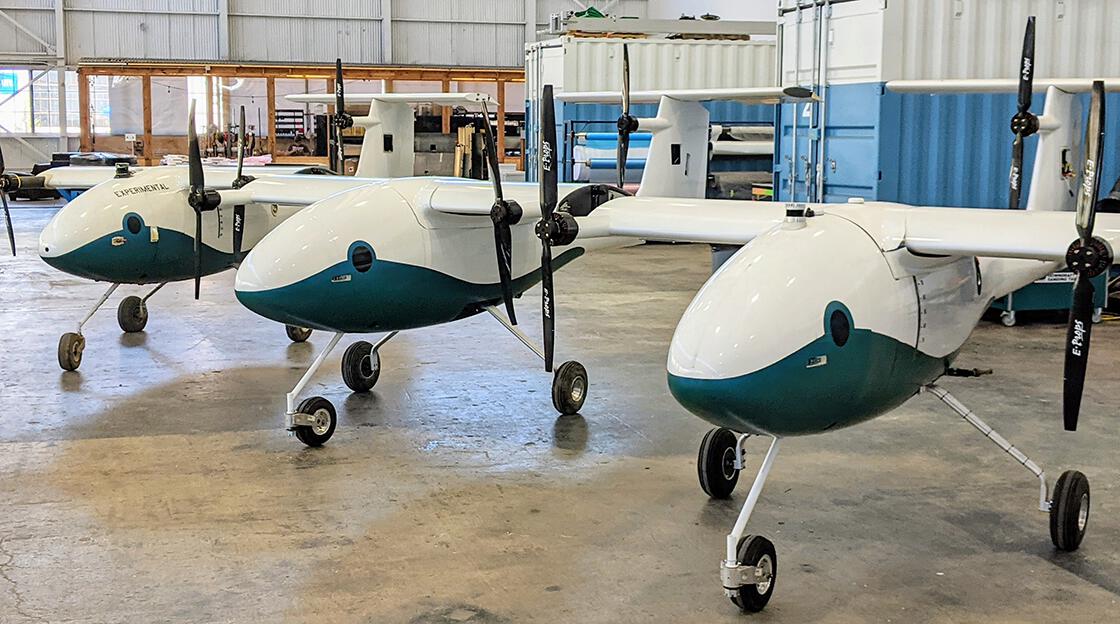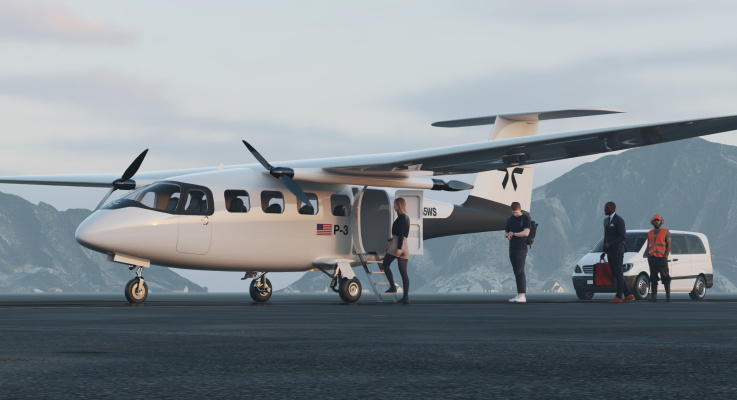


Pyka , maker of the Pelican Spray, a fully autonomous and 100% electric agricultural aerial application aircraft , secured the first ever regulatory approval to fly unmanned aerial spray missions at night with a fixed wing aircraft.
The Pelican is an autonomous electric aircraft designed for complex agricultural operations on farms. The Pelican combines best in class payload capacity, precision, and drift reduction technologies to provide low-impact, effective crop protection at scale.
This development comes as a major technological breakthrough in the agricultural industry and a monumental step towards the company achieving widespread commercial certification across Central and South America.
The DGAC issued their approval based on Pyka’s record of successful missions in Costa Rica to date, as well as a detailed analysis of the aircraft’s capacity for night operations given the specifications of its autonomous flight platform and lighting system.

As a final step in the approval process, officials from Costa Rica’s flight regulator observed a live nighttime demonstration of the Pelican Spray operating over a banana plantation in the northeastern region of the country.
For banana producers, the practical benefits of spraying chemicals at night are well documented – allowing for better spray distribution and reduced risk of unintended chemical drift due to typically lower winds after sunset, while also increasing the viable spray window from roughly 5 hours per day to roughly 10 hours per day.
Pyka’s new technology eliminates the usage of fossil fuels, thus reducing operating costs for farmers and providing substantial environmental benefits, while enabling round the clock spray capabilities through automation.
Approval for night spray missions is just the latest addition to the list of precedent-setting regulatory achievements made by the young California-based aerospace company.
Having secured nearly US$ 48M in funding to date, Pyka is scaling up manufacturing of its Pelican Spray while pursuing additional commercial certifications in the U.S. and Latin America. In parallel, the company is translating its successes in the agricultural space to air cargo with the highly-anticipated launch of the Pelican Cargo planned for Fall 2022 , before entering to the passenger segment.

Pyka started serial production of the Pelican in late 2020, after completing structural load testing and flight testing programs. Most of the aircraft is manufactured at our facility in Oakland, California.
The success of Pelican led the company to begin developing its next one , the P3 — a nine-passenger craft with a totally unique propeller setup aimed at making regional flights cheaper and simpler.

The P3 is intended to fly up to 200 nautical miles (about 230 of our lubber miles) at 155 knots, in other words doing the kind of hour-ish hops people opt for instead of a long drive.
All the four of the propellers of P3 are fixed-pitch , the ones in front are pitched for takeoff and climb out, and the rear ones are for cruising. The front and rear propellers are only both active during take-off and climbing , with the front ones folding away afterwards as then the rear ones take over completely for cruise.
Source : Pyka
